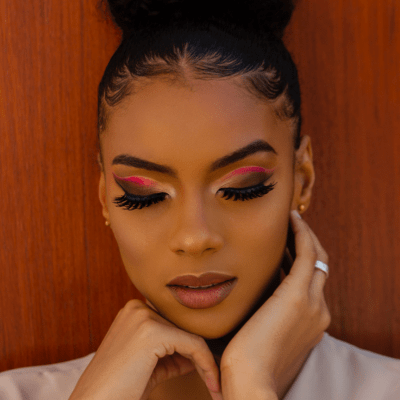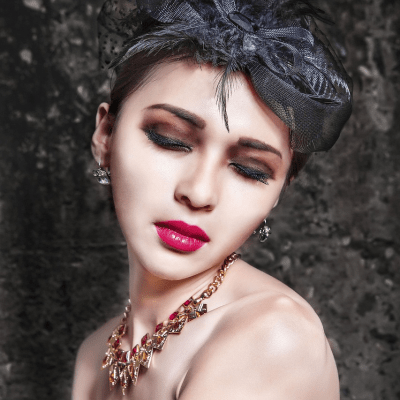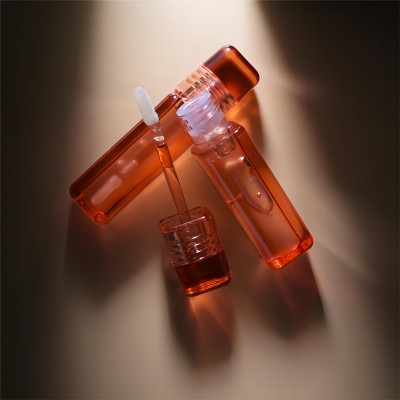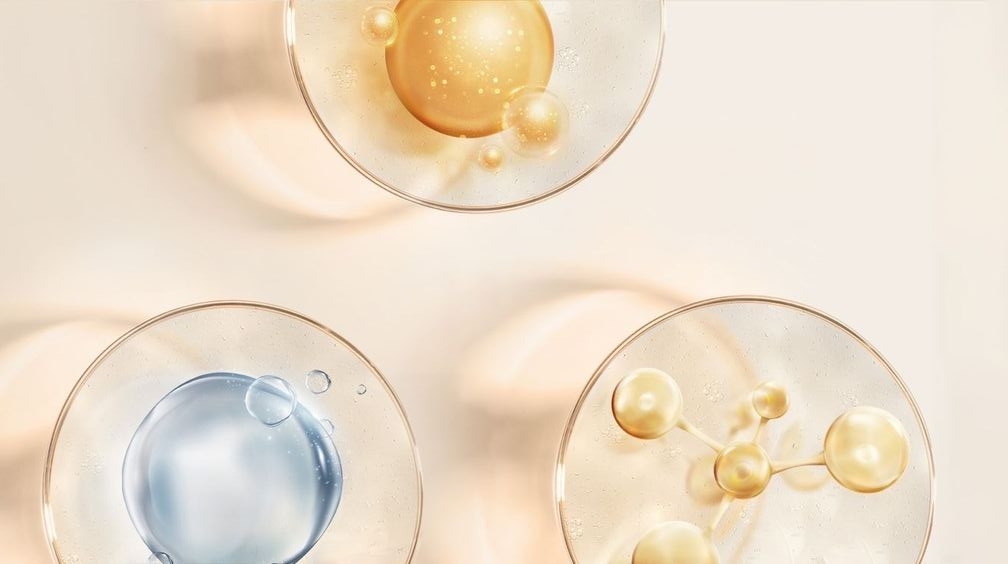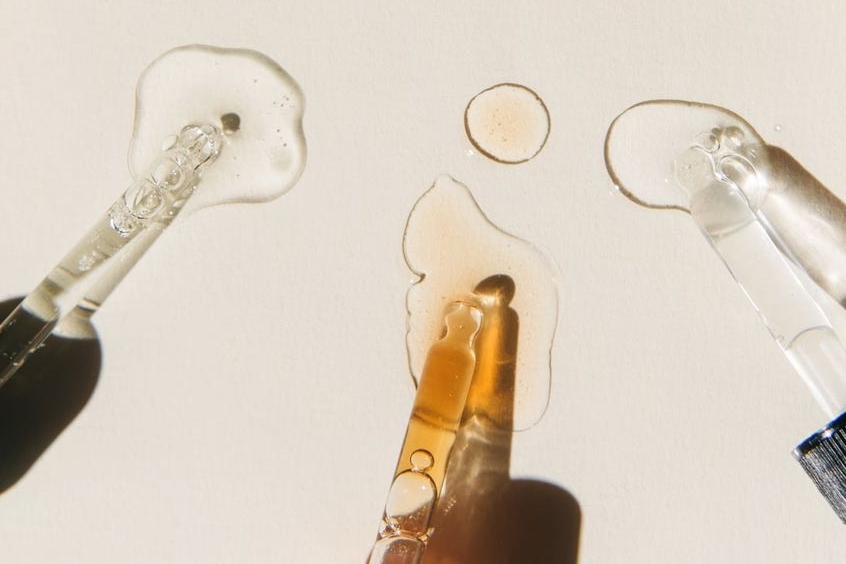In 2025, These Cosmetics Will Not Be Sold in The EU Market!
Recently, the European Commission issued Regulation (EC) 2024/996, officially revising EU Cosmetics Regulation (EC) 1223/2009. The content includes the ban on the sunscreen ingredient 4-methylbenzylidene camphor (4-MBC), revision of preservative use requirements, and shows that many star ingredients such as retinol, α-arbutin, and arbutin are restricted. At the same time, the regulations also clearly specify the time when the ingredients involved are prohibited from being sold. So, will this move affect cosmetics-related production and sales companies?
Several Star Ingredients Are Restricted
According to the document, the new EU regulations will add 8 new restricted substances, namely “genistein” and “didzein” used for skin conditioning/protection and antioxidants; used for skin brightening/whitening or depigmentation “Kojic acid” as an agent; vitamin A compounds “retinol”, “retinyl acetate” and “retinyl palmitate” used as skin conditioners; substances used as skin whitening agents and skin conditioners “α-Arbutin” “Arbutin”.
Among them, in recent years, the popularity of the concept of “Morning C and Night A” has led to a sharp increase in the number of skin care products on the market that feature A-alcohol ingredients, and it can be found in almost every brand of anti-aging products. However, retinol is highly irritating, especially when the concentration of the ingredient is high or the skin is sensitive, it can easily lead to skin intolerance.
As early as 2016, the SCCS (European Union Scientific Committee on Consumer Safety) issued a scientific opinion on vitamin A (retinol, retinyl acetate, retinyl palmitate) to evaluate the safety of its use in cosmetics Safety (SCCS/1576/16), the document states: 0.05% retinol equivalent is safe to use in body lotions, and 0.3% retinol equivalent is also safe to use in other leave-on and rinse-off cosmetics . This conclusion is consistent with the 2022 SCCS updated scientific opinion on vitamin A (SCCS/1639/21).
The SCCS said that when the concentration of vitamin A in cosmetics exceeds a certain level, it may cause potential risks to human health. Based on previous conclusions, SCCS stated that it will set maximum usage concentrations for retinol, retinyl acetate, and retinyl palmitate. After this regulatory revision, retinol is used as a restricted ingredient.
Arbutin, nicotinamide, and VC were also collectively referred to as the “three whitening giants” by consumers earlier. As a popular whitening ingredient, arbutin can prevent the production of melanin by inhibiting the activity of tyrosinase in the body, thereby reducing skin pigmentation and removing spots and freckles. Among the three categories of arbutin, deoxyarbutin has the strongest anti-melanin effect. Its anti-melanin ability is 38.5 times that of α-arbutin and 350 times that of β-arbutin. Hydroquinone is degraded during the shelf life, posing potential risks of sensitization and carcinogenesis. Therefore, the European Union announced in 2021 that deoxyarbutin will be banned in cosmetics. Currently, in cosmetic applications, α-arbutin and β-arbutin are mainly used.
Although the risk is lower, there has been controversy over whether alpha-arbutin and beta-arbutin are truly safe to use. Due to the risks of arbutin application, some brands have fallen into a negative spiral. In 2022, some consumers developed white spots on their bodies after mixing ASDM body lotion. The body lotion itself contained 2%-8% β-arbutin. The “white spot incident” put the brand in the spotlight.
After years of safety assessment, SCCS issued a final opinion on the safety of α-arbutin and β-arbutin in cosmetics in 2023: α-arbutin and β-arbutin are safe and available, among which α-arbutin is safe and available. The maximum safe concentration of arbutin in facial cream is 2%, and the maximum safe concentration in body lotion is 0.5%; the maximum safe concentration of β-arbutin in facial cream is 7%.
In addition, the European Union removed “4-methylbenzylidene camphor (4-MBC)” from the list of permitted sunscreens and officially added it to the banned list. Previously, the EU cosmetics regulations had clarified that the maximum allowable concentration of 4-MBC was 4%, but the EU was still unable to draw a conclusion after conducting multiple safety assessments of this ingredient. It stated that because the information provided was insufficient to fully assess the potential genotoxicity, it was impossible to make a conclusion on the safety of 4-MBC, that is, it could not rule out potential genotoxicity, nor could it draw a maximum concentration for its safe use.
For the preservatives triclocarban and triclosan, which are also restricted in use, SCCS mainly made adjustments in regulatory requirements, prohibiting the addition of “triclocarban” substances to mouthwash products, and all cosmetics except mouthwash. The maximum usage concentration is 0.2%, and toothpaste products must be marked with “not for use by children under 6 years old.” Triclosan should not be used in toothpaste for children under 3 years of age.

